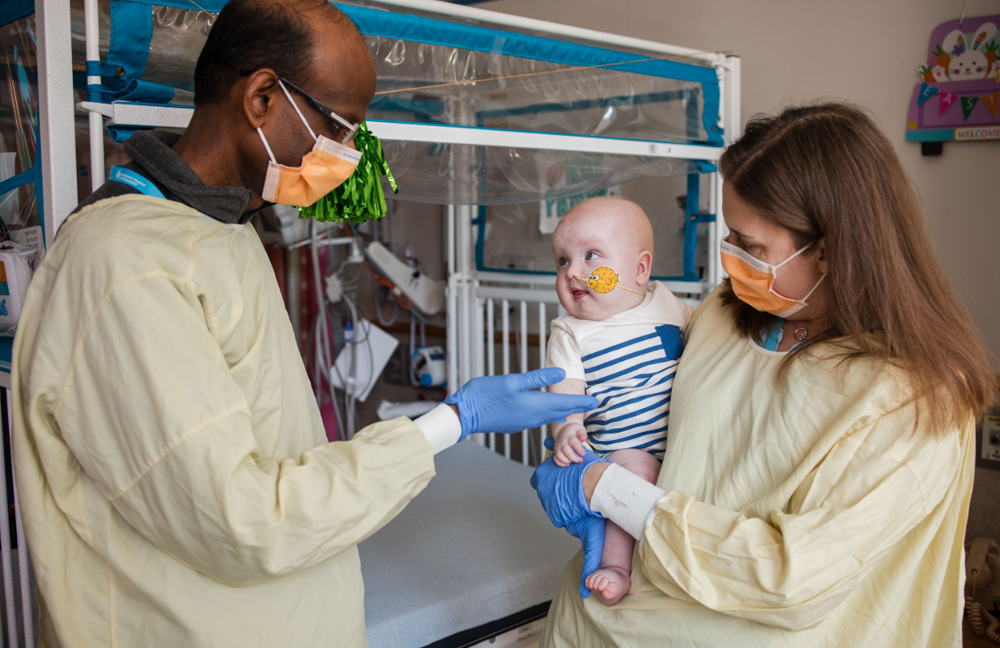In a World First, CRISPR Drug Tailored for One Baby Shows Life-Saving Promise
Scientists used CRISPR tech to create a custom-made drug targeted at helping a newborn baby fight a rare genetic disorder. According to an extraordinary new paper published in The New England Journal of Medicine, the drug worked — marking the first time that a patient was successfully healed with a bespoke gene-hacked medicine, and a possible watershed moment for the field of genetic medicine. The baby, named KJ Muldoon, was born at the Children's Hospital of Philadelphia (CHOP) and at Penn Medicine with a rare genetic condition called CPS1 deficiency. According to the National Institutes of Health (NIH), the condition […]


Scientists used CRISPR tech to create a custom-made drug targeted at helping a newborn baby fight a rare genetic disorder. According to an extraordinary new paper published in The New England Journal of Medicine, the drug worked — marking the first time that a patient was successfully healed with a bespoke gene-hacked medicine, and a possible watershed moment for the field of genetic medicine.
The baby, named KJ Muldoon, was born at the Children's Hospital of Philadelphia (CHOP) and at Penn Medicine, with a rare genetic disorder called CPS1 deficiency. According to the National Institutes of Health (NIH), the condition occurs when a person's liver cells are unable to break down protein byproducts, causing dangerous levels of ammonia to build up in their blood. It's painful, and often deadly; about half of children diagnosed with the disorder die in early infancy. Patients who live are limited to extremely strict diets until they're old enough to — hopefully — receive liver transplants.
The odds for KJ were grim.
"We had a patient who was facing a very, very devastating outcome," Kiran Musunuru, a professor at the University of Pennsylvania and CHOP who was on the team that treated KJ, told Wired.
Faced with the severity of KJ's prognosis, the family's medical team offered his family an unconventional, experimental option: rather than wait out a liver transplant, which was risky and would take years, they could attempt to use CRISPR to create a brand-new, completely custom drug targeted at healing the single mutation in KJ's liver causing the disease. The Muldoons said yes.
"We loved him," Nicole Muldoon, KJ's mother, told The New York Times, "and we didn't want him to be suffering."
The speed at which researchers were able to pull together KJ's therapy was remarkable.
CPS1 deficiency is a race against the clock; and so, while KJ lived at the hospital under 24-hour care, scores of scientists from across the country — hailing from institutions including Penn, Mass General, Harvard University, the University of California, Berkeley, and more — worked to first ensure that his DNA was free of any other worrisome mutations, and then got busy cobbling together a treatment in record time.
Professor Fyodor Urnov, a director of the esteemed Innovative Genomics Institute at Berkeley and a researcher who worked on KJ's treatment, told the NYT that "scientists burned a vat of midnight oil on this the size of San Francisco Bay" to get the drug made.
"Such speed to producing a clinic-grade CRISPR for a genetic disease has no precedent in our field," he added. "Not even close."
The drug the researchers developed is designed to base-edit a gene, or very precisely pinpoint and rewrite one specific gene in the body's genetic code. You can think of the medicine like a bubble-wrapped package. The base-edit treatment, which is injected using an IV, is wrapped in fatty lipid nanoparticles that both protect the treatment en route to its destination and, outfitted with instructions on where to go, get it to the right address. Once inside the liver, the treatment then locates the impacted gene, and gets to work healing the original mutation.
Once the drug was ready, the scientists turned to the Food and Drug Administration (FDA), which allowed for the drug to be administered to the individual patient without routine FDA approval. Per Wired, KJ got his first dose of the drug on February 25, just 11 days after his doctors asked for the FDA's permission.
When KJ got his first dose of his bespoke gene-editing drug, according to the NYT, he was in the seventh percentile for his weight — his intensely restrictive diet limited his protein intake — and unable to sit up by himself. He showed some signs of improvement, so 22 days later, he got a second, higher dose. He's now had three doses of the drug, and according to Wired, he's able to eat more protein and sit up on his own. He's now nine and a half years old, and his doctors are planning to discharge him from the hospital and send him home with his parents for the first time.
"He really has made tremendous strides," his father, Kyle Muldoon, told Wired.
It's still early, and it's unclear whether KJ will eventually need a liver transplant. (As one of his doctors at Penn, Rebecca Ahrens-Nicklas, said in a Penn press release, he'll "have to be monitored for the rest of his life.) And though the entities involved in manufacturing the drug made some in-kind contributions, as Wired put it, it ultimately cost about $800,000 to make.
But there are thousands of conditions similar to KJ's — genetic illnesses so rare that drug companies feel they have little incentive to spend the time and capital to create drugs ultimately used by such a small number of patients, leaving patients to instead battle their symptoms. And while KJ's treatment is still experimental, the early results of the treatment are incredibly promising, and could lay the groundwork for future bespoke drugs hyper-targeted at rare genetic disorders.
"The promise of gene therapy that we've heard about for decades is coming to fruition," Musunuru said in a statement, "and it's going to utterly transform the way we approach medicine."
"We all said to each other, 'This is the most significant thing we have ever done,'" Urnov told the NYT.
More on new treatments: Paralyzed Man Standing, Learning to Walk Again After Injection of Hacked Stem Cells
The post In a World First, CRISPR Drug Tailored for One Baby Shows Life-Saving Promise appeared first on Futurism.





























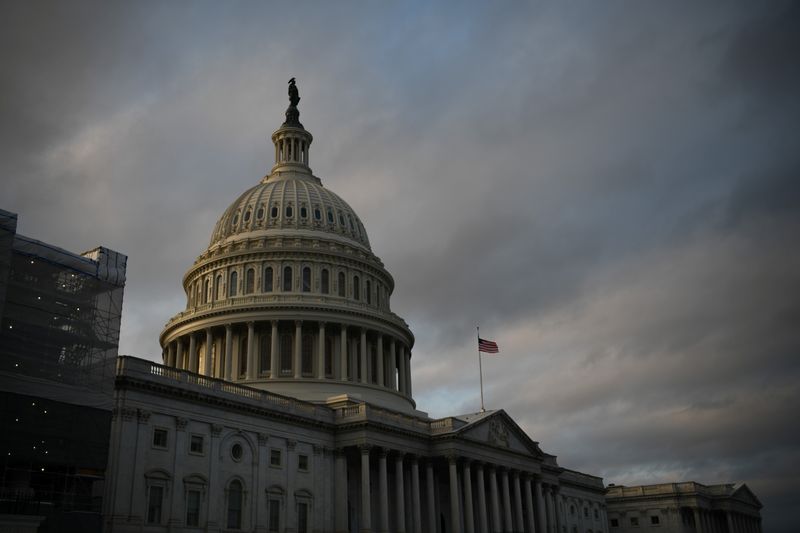









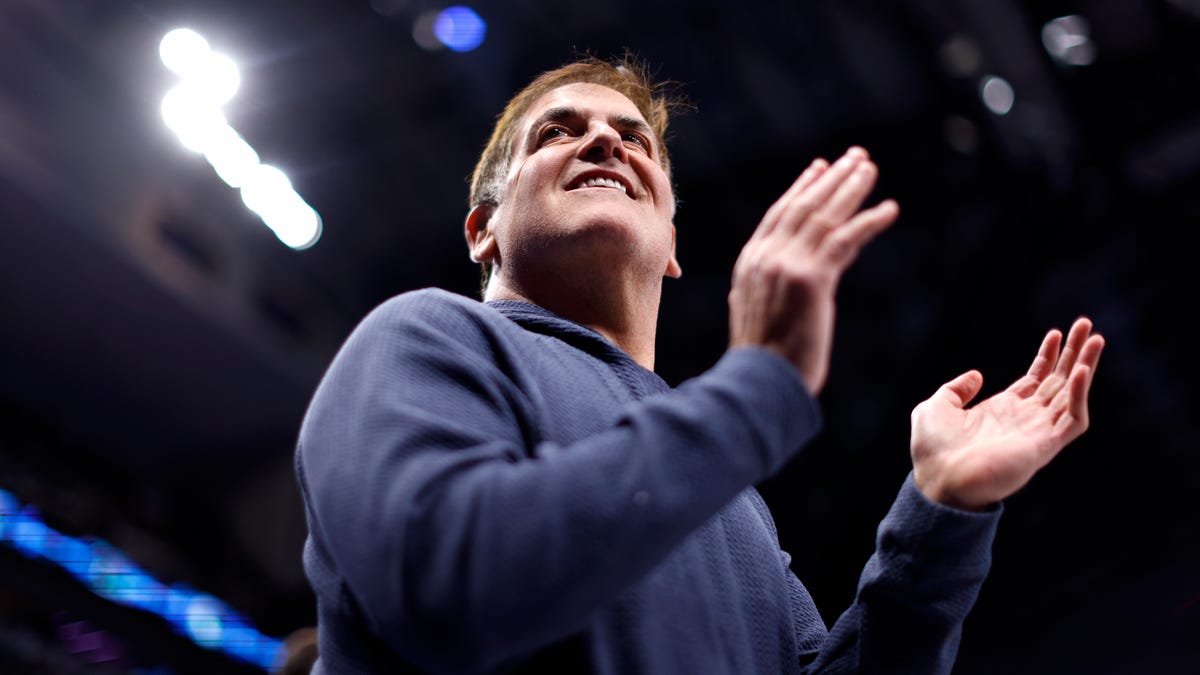
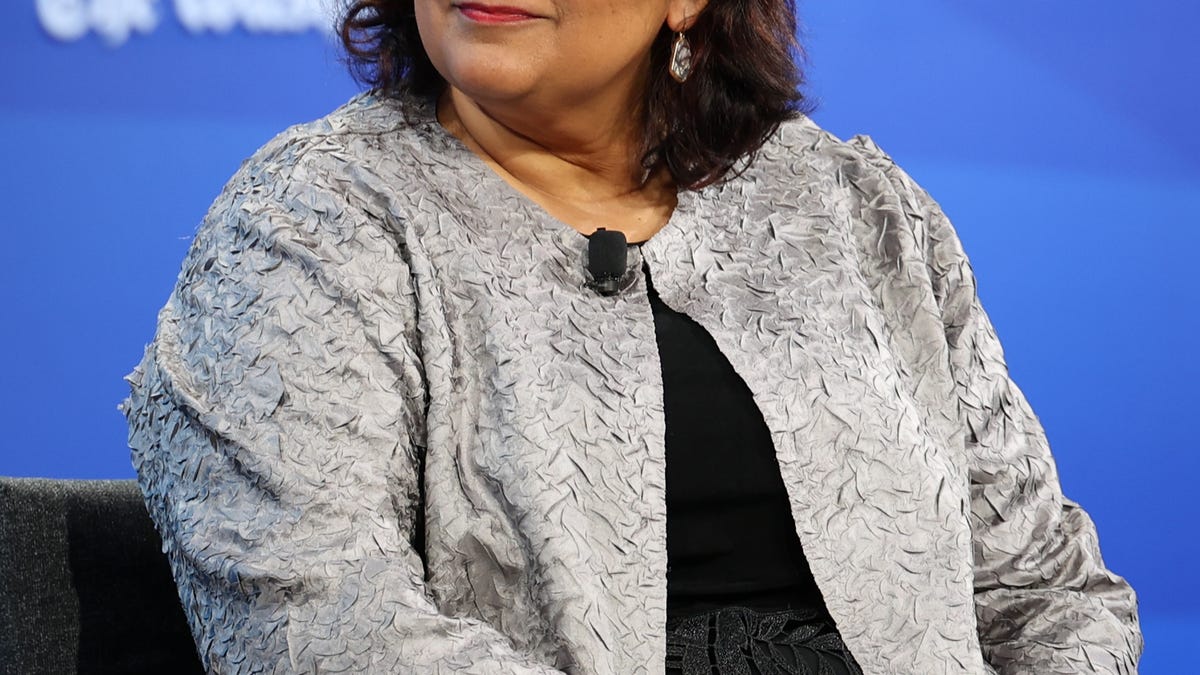




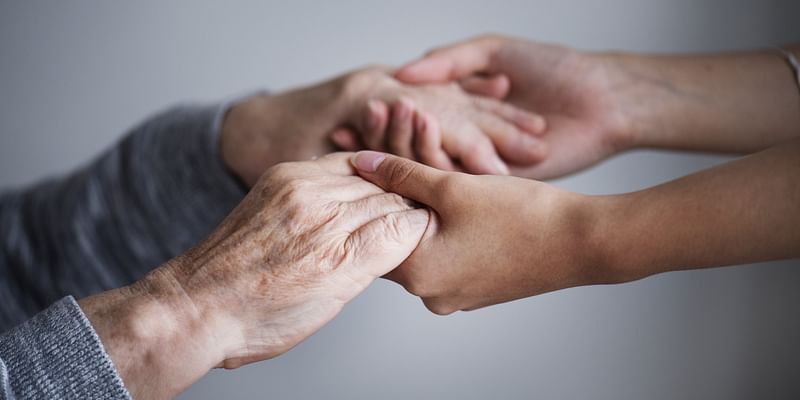


![[Weekly funding roundup May 10-16] Large deals remain a no-show](https://images.yourstory.com/cs/2/220356402d6d11e9aa979329348d4c3e/Weekly-funding-1741961216560.jpg)














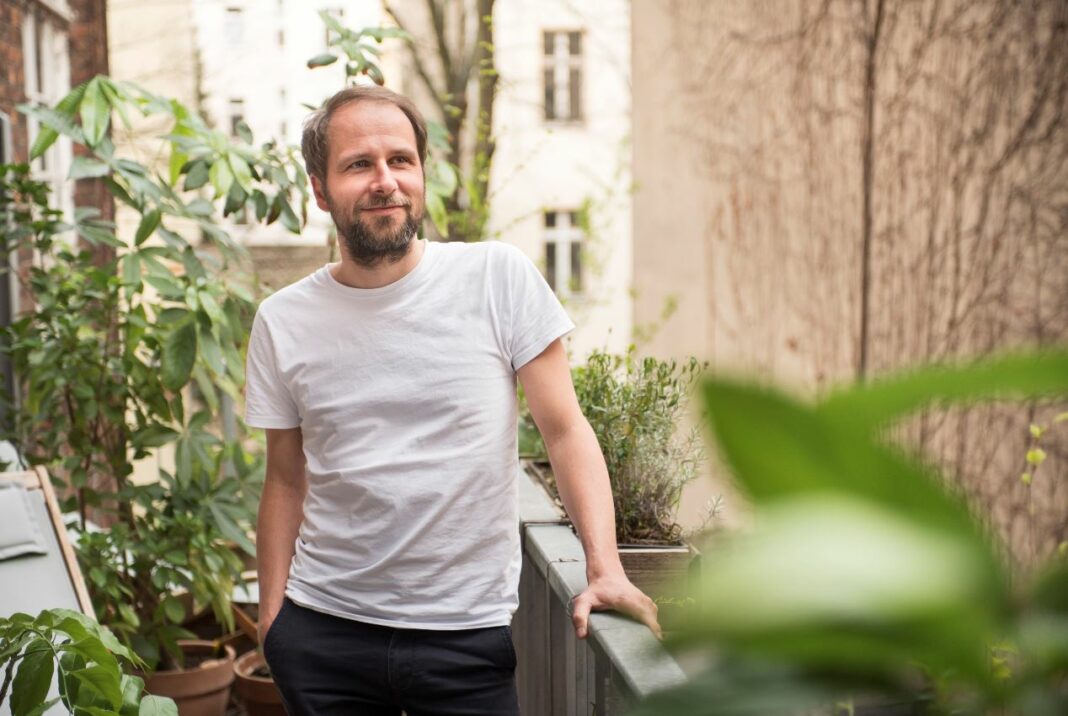














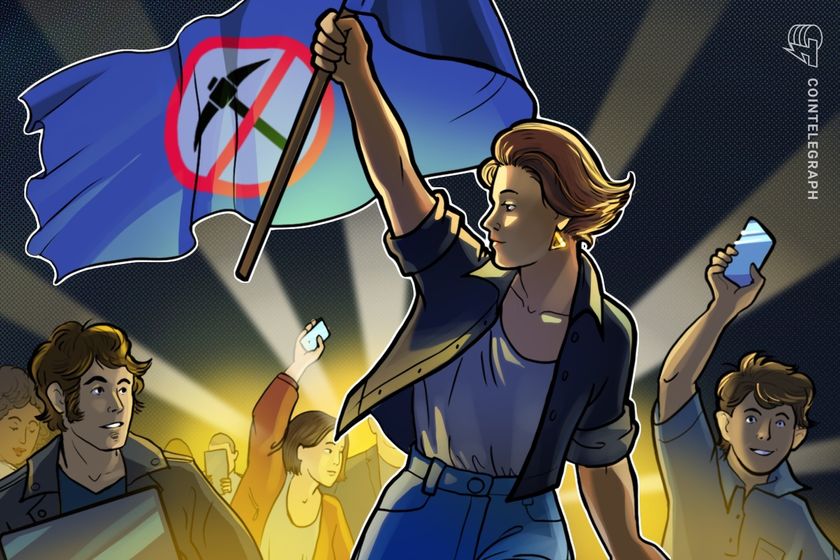
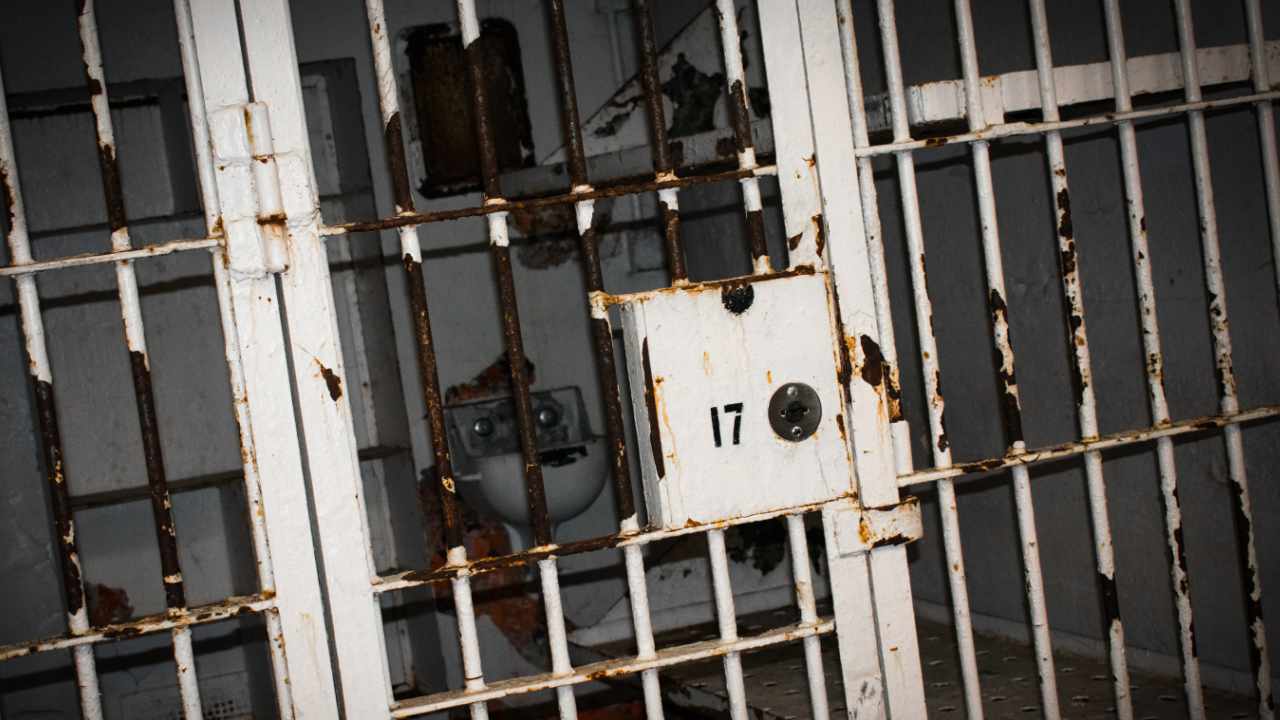





























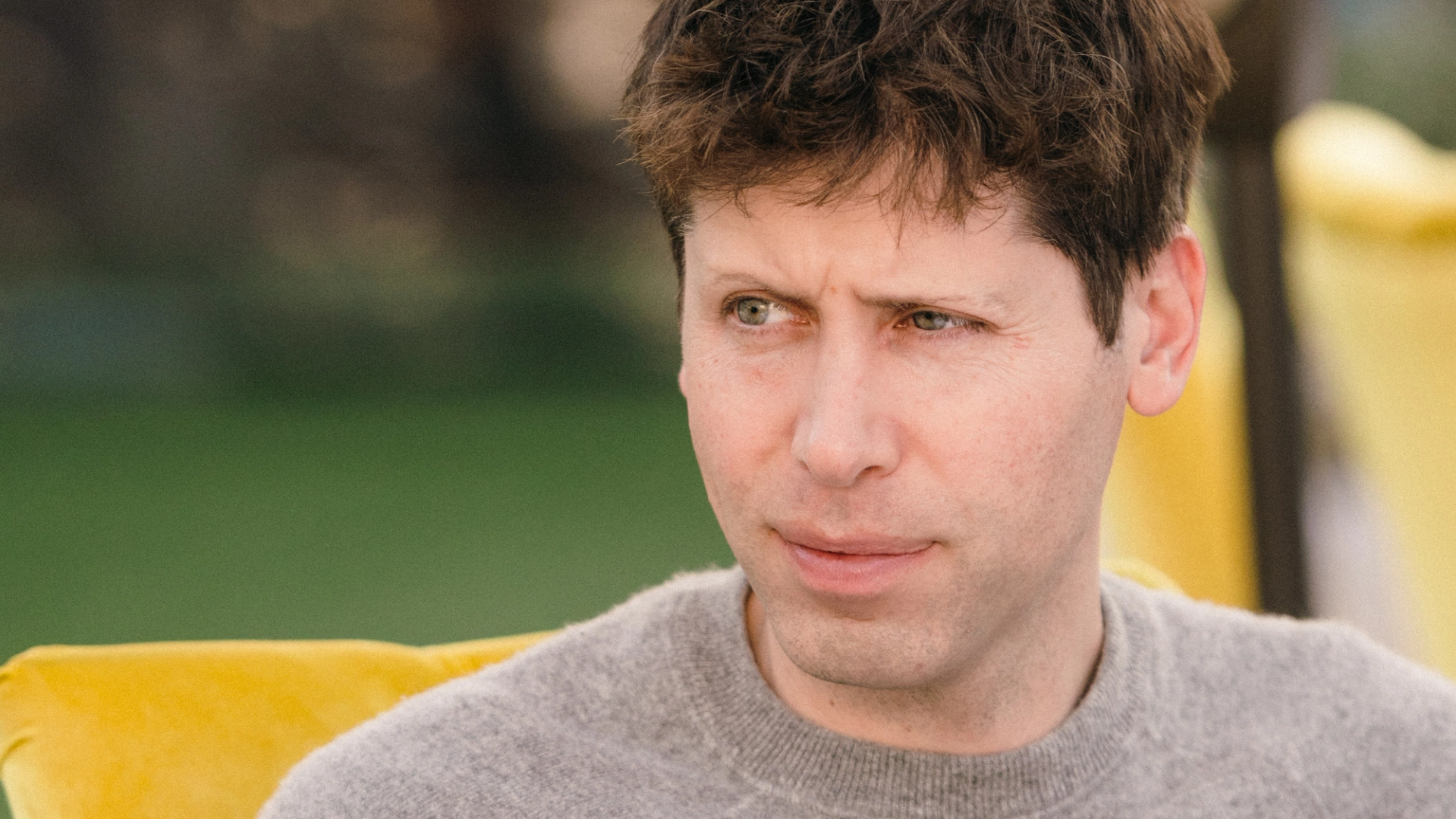









![Epic Games: Fortnite is offline for Apple devices worldwide after app store rejection [updated]](https://helios-i.mashable.com/imagery/articles/00T6DmFkLaAeJiMZlCJ7eUs/hero-image.fill.size_1200x675.v1747407583.jpg)









































.jpg)












